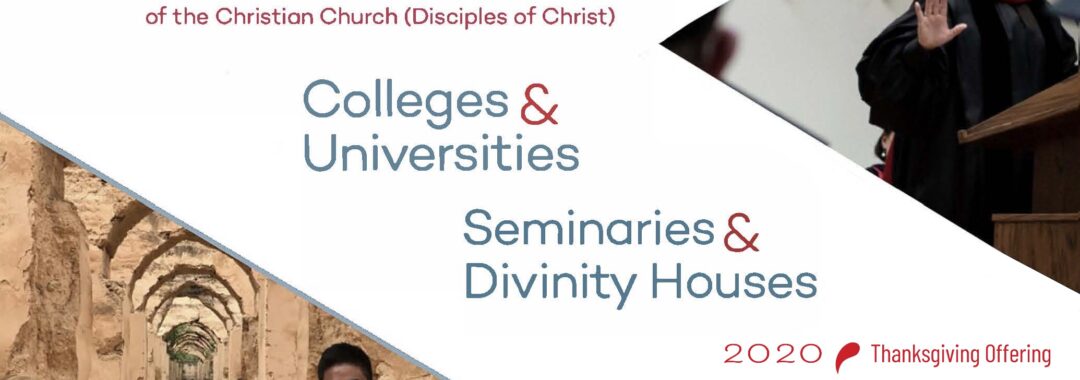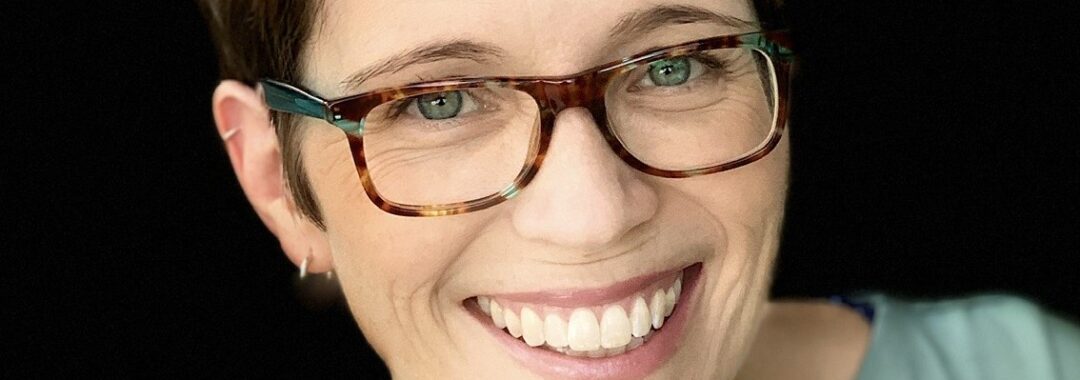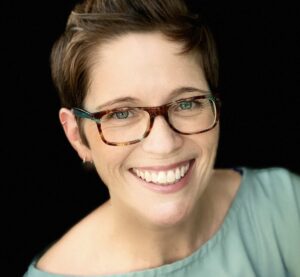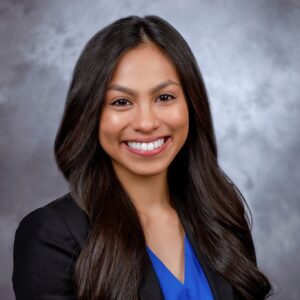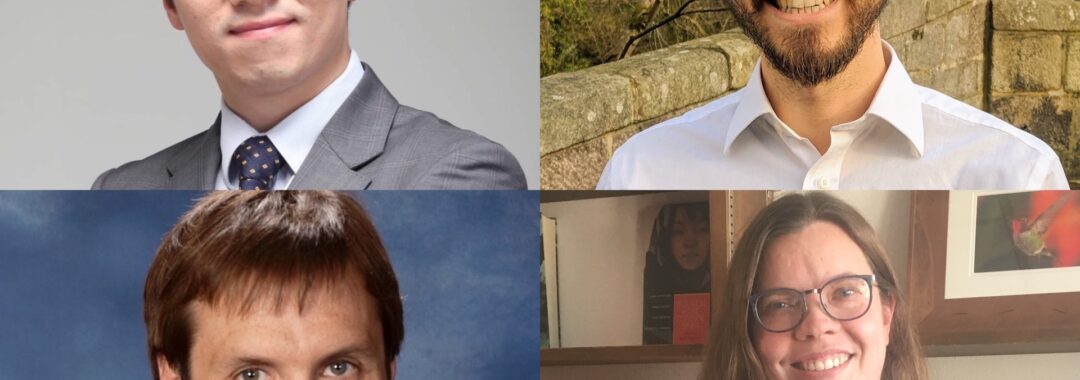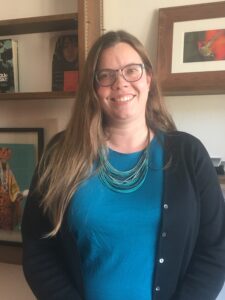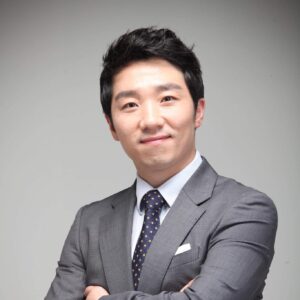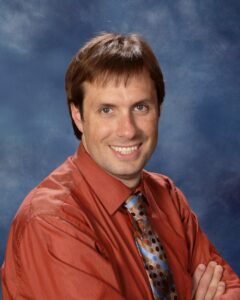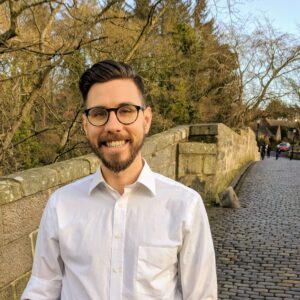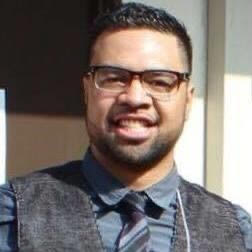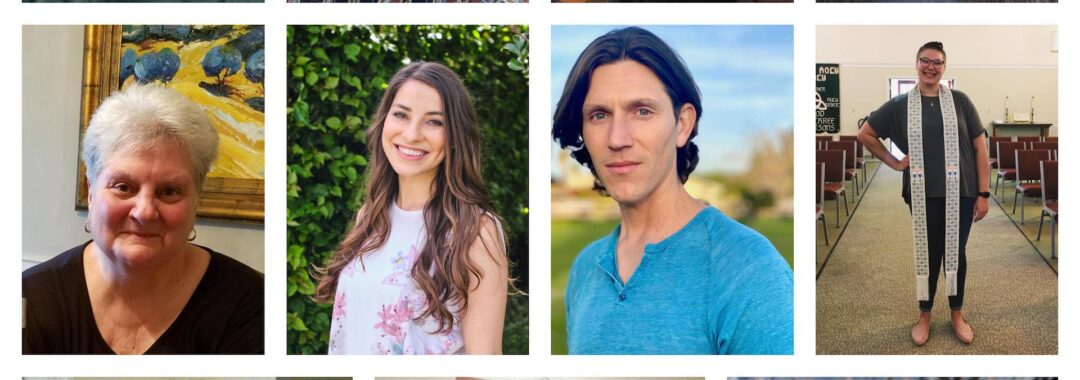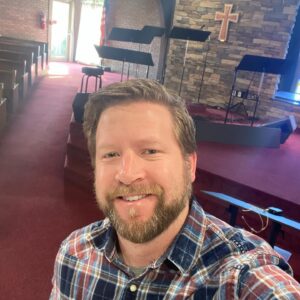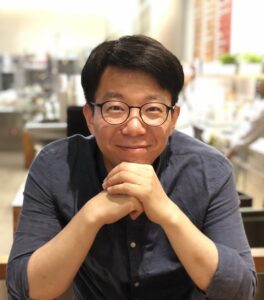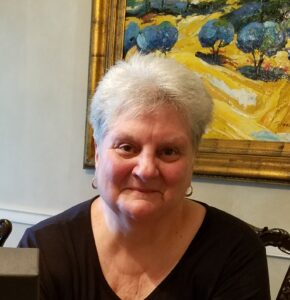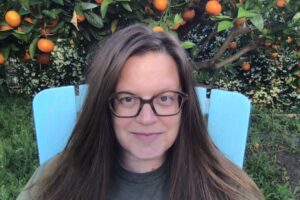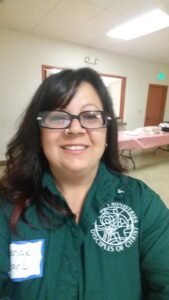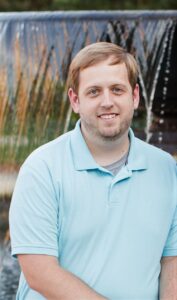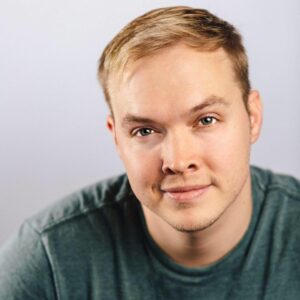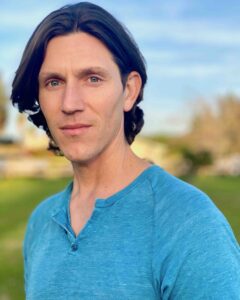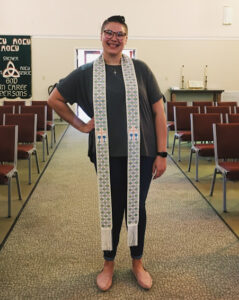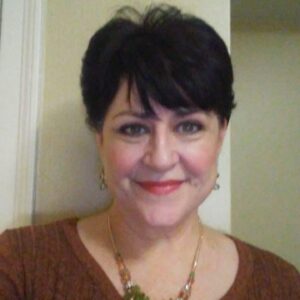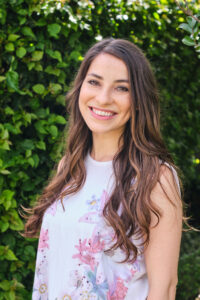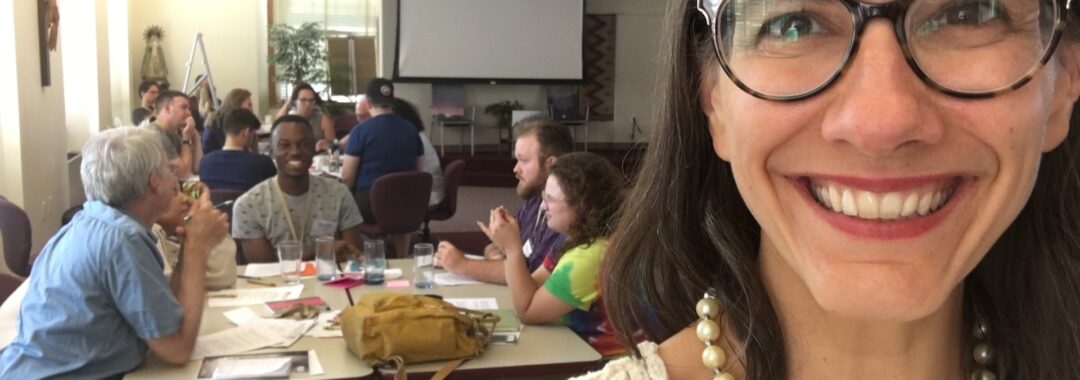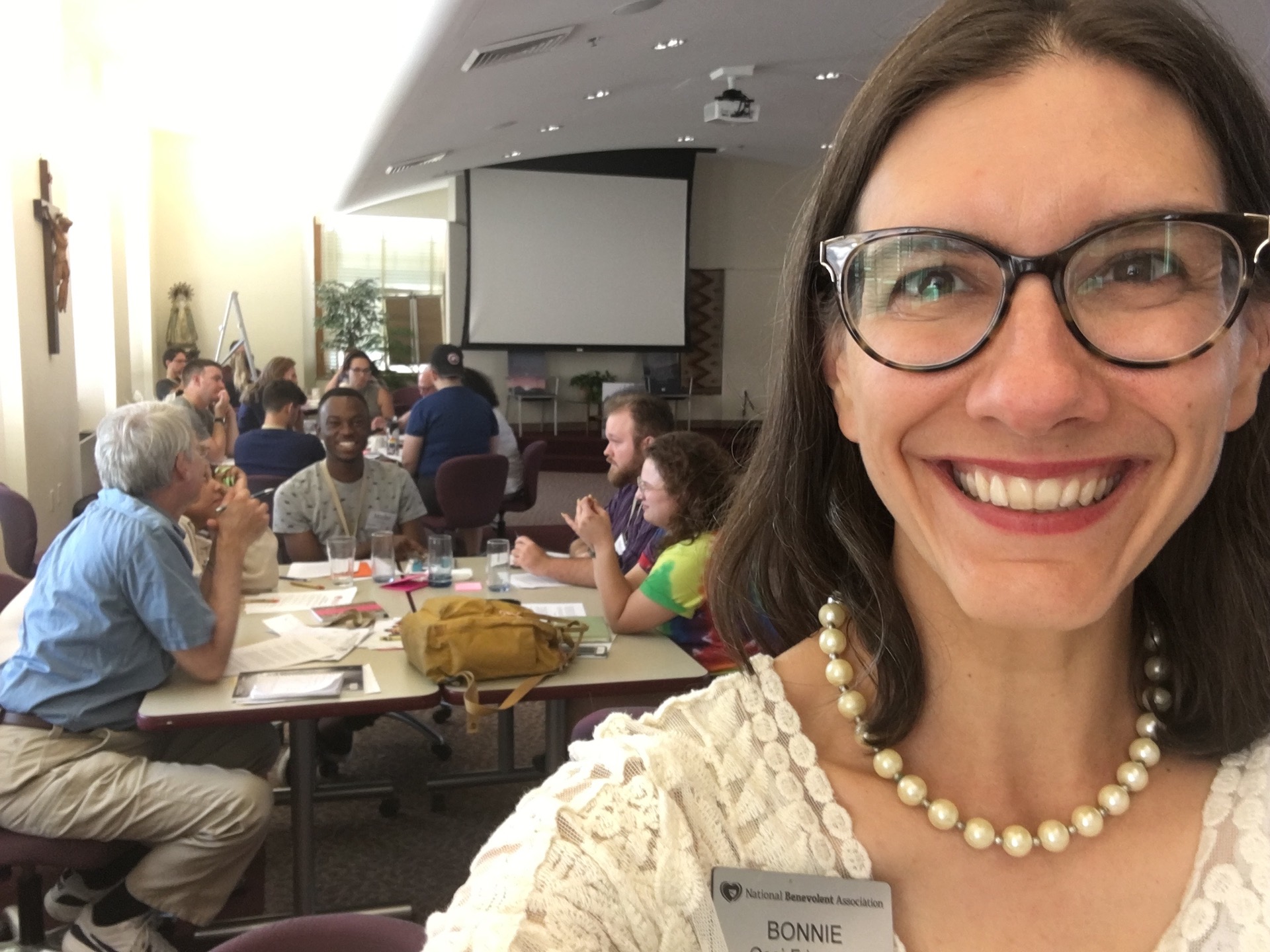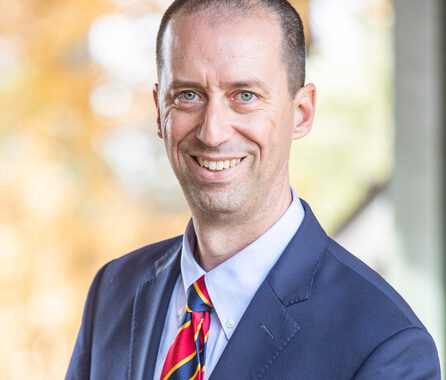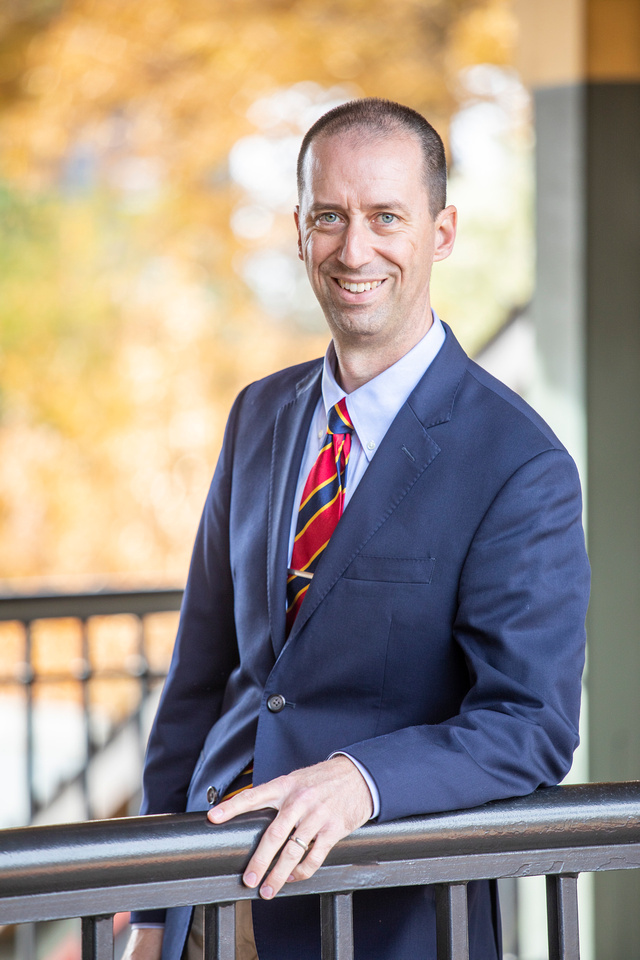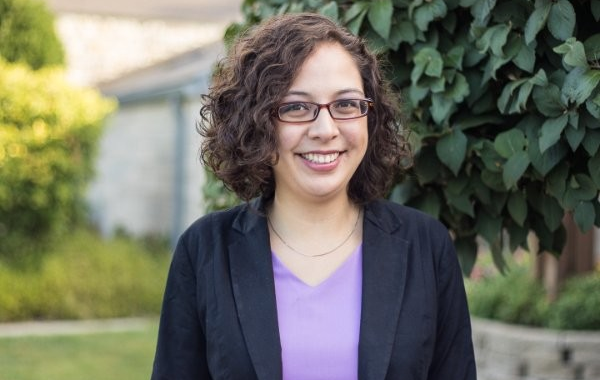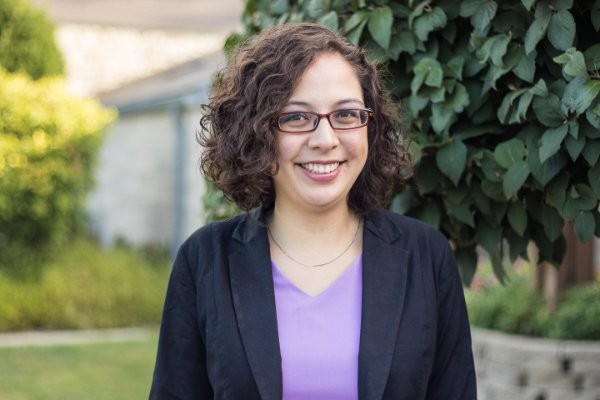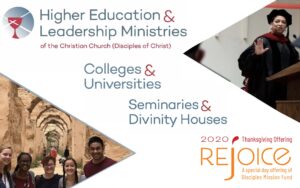 Higher education has been an important focus for Disciples since the very beginning of the movement. Throughout our history, Disciples have founded institutions of higher learning to educate students and form leaders to make a difference in the world. The Christian Church (Disciples of Christ) is still committed to higher education.
Higher education has been an important focus for Disciples since the very beginning of the movement. Throughout our history, Disciples have founded institutions of higher learning to educate students and form leaders to make a difference in the world. The Christian Church (Disciples of Christ) is still committed to higher education.
In the midst of national and global challenges associated with the COVID-19 pandemic, our higher education institutions are facing unprecedented challenges and they need our support now, more than ever. Even as they work diligently to ensure safe and healthy learning environments, the financial realities faced by many of our schools are adding additional stress to students, faculty, and staff.
This year’s offering will take place on November 15 and 22. You can also give online at https://disciplesmissionfund.org/special-offerings/thanksgiving/ (please choose “Thanksgiving Special Offering” on the Designation Dropdown List). Your gift to the Thanksgiving Offering helps support the education of thousands of students at our fifteen colleges and universities as well as our seven seminaries and divinity houses. In addition, it helps continue the ongoing collaborative work of the church and higher education that is such a foundational part of the heritage of the Christian Church (Disciples of Christ).
Please give generously to this offering. Your gift makes a difference in the lives of our students and it makes a difference in the world.

